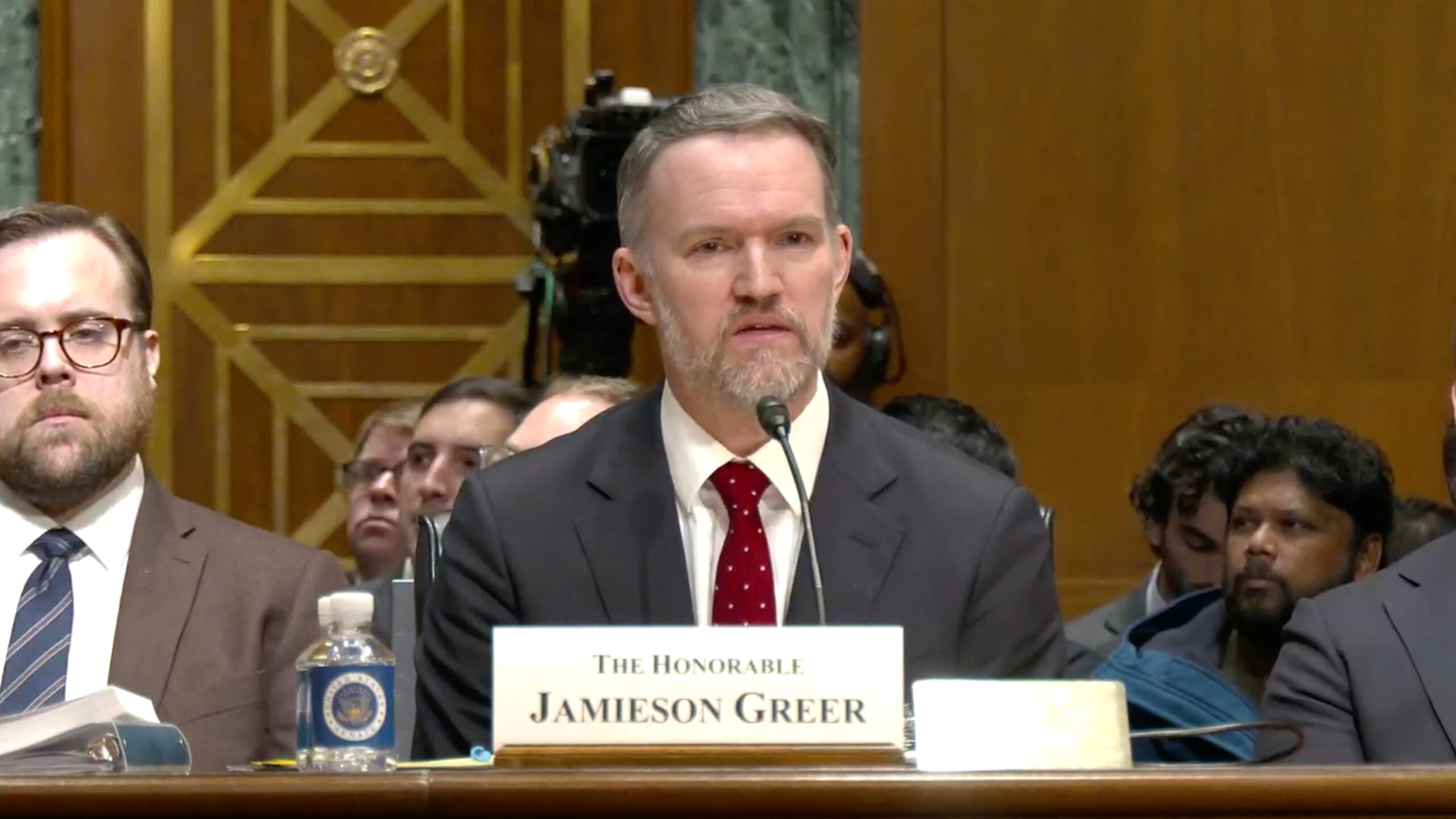WASHINGTON—President Donald Trump on Wednesday blocked a Beijing-backed fund’s attempt to buy an American chip maker, signaling his administration will closely scrutinize Chinese efforts to invest in U.S. semiconductor technology.
[Kate O’Keeffe | September 13, 2017 | Wall Street Journal]
Mr. Trump rejected the transaction after the would-be deal makers—Chinese government-backed Canyon Bridge Capital Partners and Lattice Semiconductor Corp. —made a rare, direct appeal to him. They had hoped he would overrule an earlier negative recommendation by the Committee on Foreign Investment in the U.S., a multiagency panel that reviews deals for national-security concerns.
Instead, the White House said Wednesday that Mr. Trump believes the $1.3 billion transaction could have risked U.S. national security due to “the potential transfer of intellectual property to the foreign acquirer, the Chinese government’s role in supporting this transaction, the importance of semiconductor supply chain integrity to the United States Government, and the use of Lattice products by the United States Government.”
Companies typically withdraw deals that can’t win CFIUS approval before they reach the president’s desk to avoid a likely White House rejection, but Canyon Bridge and Portland, Ore.-based Lattice waged an unusually public and fierce fight to try to save their deal, including the request to Mr. Trump to overrule his own national-security officials.
The deal became a lightning rod in a broader battle between the U.S. and China over chip technology and foreign direct investment more generally.
Following record levels of Chinese investment in the U.S.—which last year tripled to $46 billion, according to New York consulting firm Rhodium Group—the Treasury Department and lawmakers from both parties began mounting efforts to bolster the federal government’s scrutiny of certain Chinese deals they believe could risk national security. China’s repeated attempts to invest in the semiconductor industry, which powers computers, mobile phones and much military hardware, have particularly alarmed U.S. officials.
Canyon Bridge and Lattice sought—and failed—three times to win approval from CFIUS, with executives from both entities alleging in interviews with The Wall Street Journal that anti-China politics in the U.S. were scuttling the deal as opposed to legitimate national-security concerns.
Lattice Chief Executive Darin Billerbeck, who had invited Mr. Trump to Portland to discuss the deal and talked up its job-creation potential, said in an interview earlier this week that Lattice and Canyon Bridge tried to address all possible national-security issues through an agreement to give the U.S. government control over Lattice’s intellectual property and technology if the tie-up were approved.
“You’re basically saying that the government itself can’t control IP that they’re in charge of. I don’t understand that,” Mr. Billerbeck said of the foreign-investment committee’s decision. “It has to be—it has to be—that they don’t want to do a deal with China.”
In a statement after the president’s decision, Treasury Secretary Steven Mnuchin, who is chairman of CFIUS, emphasized that the panel’s process “focuses exclusively on identifying and addressing national security concerns.”
Mr. Billerback had argued that blocking the deal would heighten national-security risks, as Lattice wouldn’t have to honor the terms of the agreement they proposed on intellectual property and technology and they could pursue joint-venture and licensing deals abroad that are outside the panel’s purview.
Following Mr. Trump’s decision, Lattice issued a statement confirming it would terminate the deal and reiterating its belief that it was in “the best interests of our shareholders, our customers, our employees and the United States.”
Canyon Bridge said in a Wednesday statement: “We are obviously disappointed in today’s decision by the President of the United States to forgo what we believe to be an excellent deal for Lattice’s shareholders and its employees by expanding the opportunity to keep jobs in America.”
Lawmakers were watching the deal closely. A bipartisan group of 22 House members led by Rep. Robert Pittenger (R., N.C.)—who plans to soon introduce a CFIUS overhaul bill along with Senate Majority Whip John Cornyn of Texas—wrote to CFIUS in December to flag the transaction. The group expressed concern that the deal could provide China with critical technology and accused Canyon Bridge of initially trying to obscure its Chinese-government backing, both of which the fund denied.
Chinese state media weighed in as well. An article published last week in China’s Global Times said that a rejection from Mr. Trump “may further intensify the tension surrounding Sino-US trade relations.” It added: “China could also take retaliatory measures against U.S. businesses in the country.”
CFIUS, which includes representatives from the Defense, State, Justice and Commerce departments, among others, has been toughening its reviews of certain Chinese deals since last year.
In December, following an investigation by CFIUS, President Barack Obama blocked a Chinese investment fund’s purchase of German semiconductor-equipment supplier Aixtron SE, which has a factory and other offices in the U.S., after it failed to win CFIUS approval.
In January, an Obama administration advisory panel published a report warning of the economic and military dangers posed by China’s 10-year, $150 billion effort to build a cutting-edge semiconductor sector. The report called for policies to ensure the U.S. remains a global leader in semiconductors.
CFIUS is closely scrutinizing Chinese investments involving Americans’ personal data as well, earlier signaling there are significant obstacles facing the proposed $1.2 billion purchase of Dallas-based payments firm MoneyGram InternationalInc. by Ant Financial Services Group, controlled by Chinese billionaire and Alibaba Group HoldingLtd. co-founder Jack Ma, according to people familiar with the matter.
A $2.7 billion deal for China Oceanwide Holdings Group Co. to buy Richmond, Va.-based insurer Genworth FinancialInc. is also being held up by the committee.
In the past, CFIUS likely would have approved such deals without much disruption, but it has grown more sensitive to personal data issues after a cyberattack on the U.S. Office of Personnel Management that U.S. intelligence said in 2015 they suspected China was behind, people familiar with the discussions said. China has denied the accusation.












